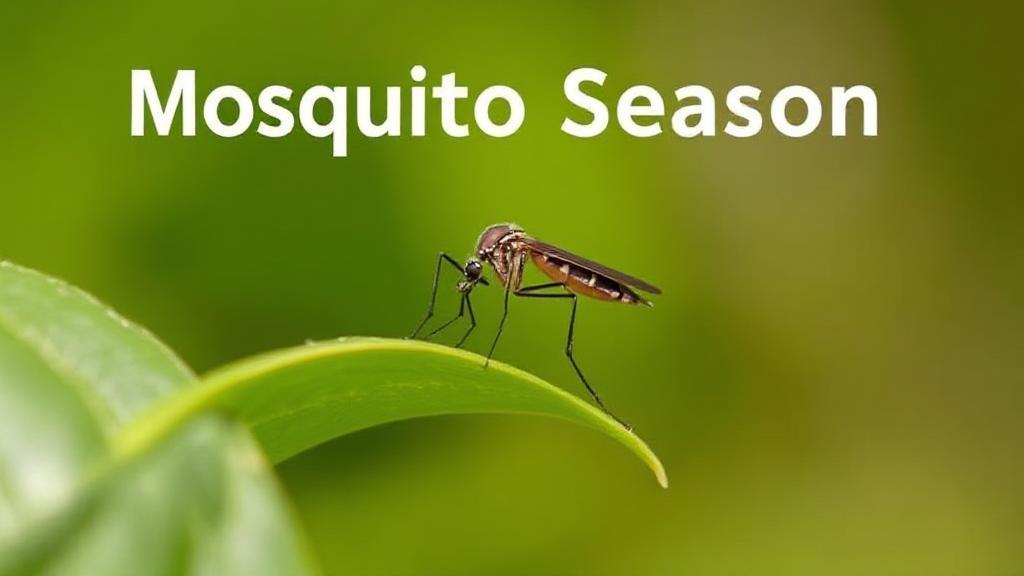Understanding Mosquito Season and Activity Patterns
Mosquitoes are more than just a nuisance; they are vectors for diseases such as malaria, dengue fever, and the Zika virus. Understanding when mosquito season occurs can help you take preventive measures to protect yourself and your family.
Factors Influencing Mosquito Activity
Temperature and Weather
Mosquitoes are cold-blooded creatures whose activity is primarily influenced by temperature and humidity. They become active when temperatures consistently rise above 50°F (10°C), with ideal conditions between 70-80°F (21-27°C). According to the Centers for Disease Control and Prevention, mosquito activity significantly increases when temperatures rise and humidity levels are high.
Regional Variations
Peak activity periods vary by location:
- Southern States: March through November
- Northern States: May through September
- Tropical Regions: Year-round activity with increased presence during rainy seasons
Species and Behavior Patterns
Different mosquito species exhibit varying behavioral patterns:
| Species | Active Hours | Preferred Habitat |
|---|---|---|
| Aedes | Dawn/Dusk | Urban areas |
| Culex | Night | Rural/suburban |
| Anopheles | Night | Wetlands |
Health Concerns and Risks
The World Health Organization reports that mosquito-borne diseases affect millions annually, including:
- West Nile Virus
- Zika
- Dengue
- Malaria
Prevention and Protection Strategies
Environmental Control
"The most effective way to reduce mosquito populations is to eliminate standing water around your property." - American Mosquito Control Association
Common breeding sites to eliminate:
- Bird baths
- Clogged gutters
- Unused flower pots
- Tire swings
- Poorly drained yards
Personal Protection Measures
- Use Insect Repellent: Apply EPA-registered repellents containing DEET, picaridin, or oil of lemon eucalyptus
- Install Screens: Ensure windows and doors have screens to keep mosquitoes out
- Wear Protective Clothing: Long sleeves and pants can reduce mosquito bites
- Consider Mosquito Nets: Especially when camping or in high-activity areas
- Time Outdoor Activities: Avoid peak mosquito hours
Climate Change Impact
Recent studies indicate climate change is extending mosquito seasons globally through:
- Longer breeding seasons
- Expanded geographical ranges
- Increased disease transmission risks
Future Predictions
Scientists predict that by 2050, mosquito seasons could extend by:
- 1-2 months in temperate regions
- Year-round activity in previously seasonal areas
- New habitat zones in higher elevations
Natural Control Methods
Supporting natural mosquito predators can help control populations:
- Bats
- Dragonflies
- Purple Martins
- Fish (in ponds)
Professional Control
When necessary, professional pest control services employ Integrated Pest Management (IPM):
For more information on mosquito prevention and control, visit the Centers for Disease Control and Prevention (CDC) or the National Pest Management Association (NPMA).
